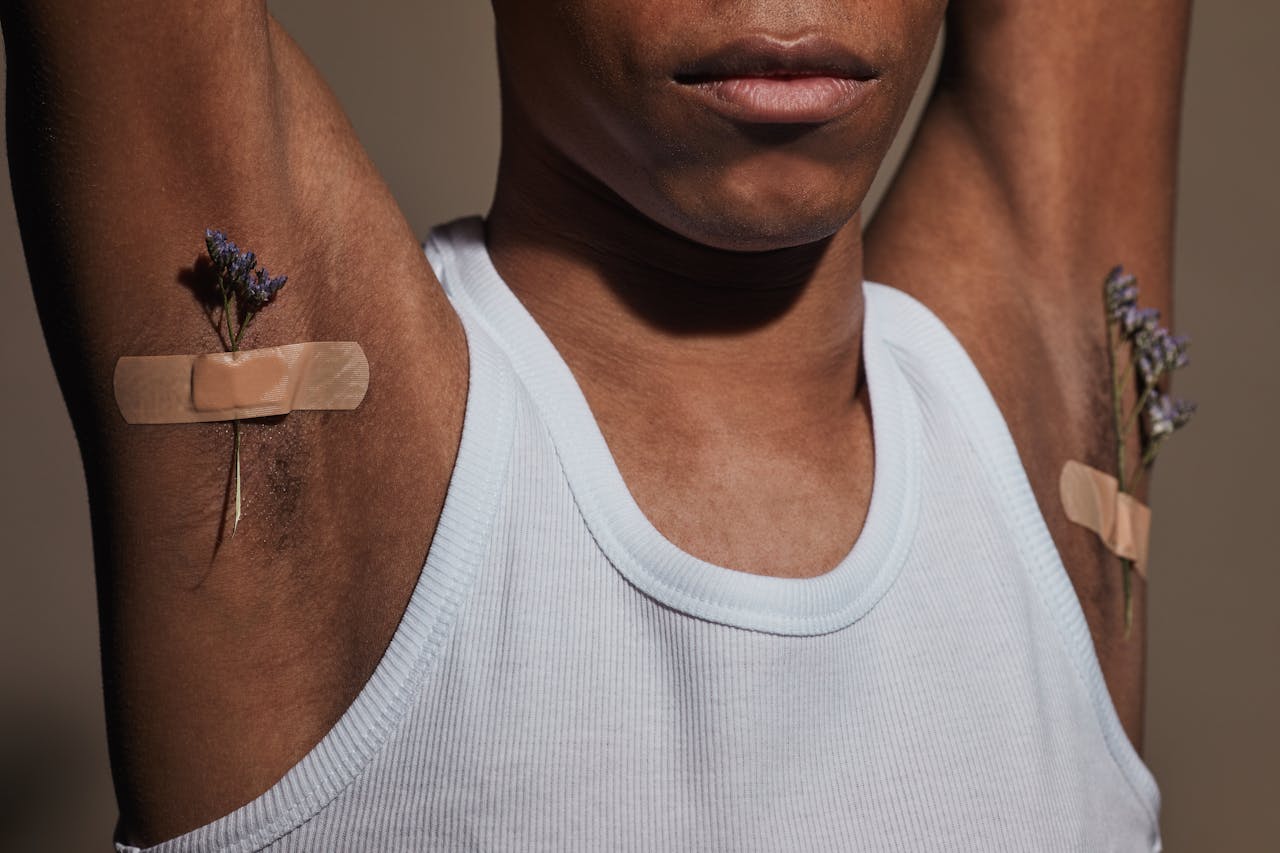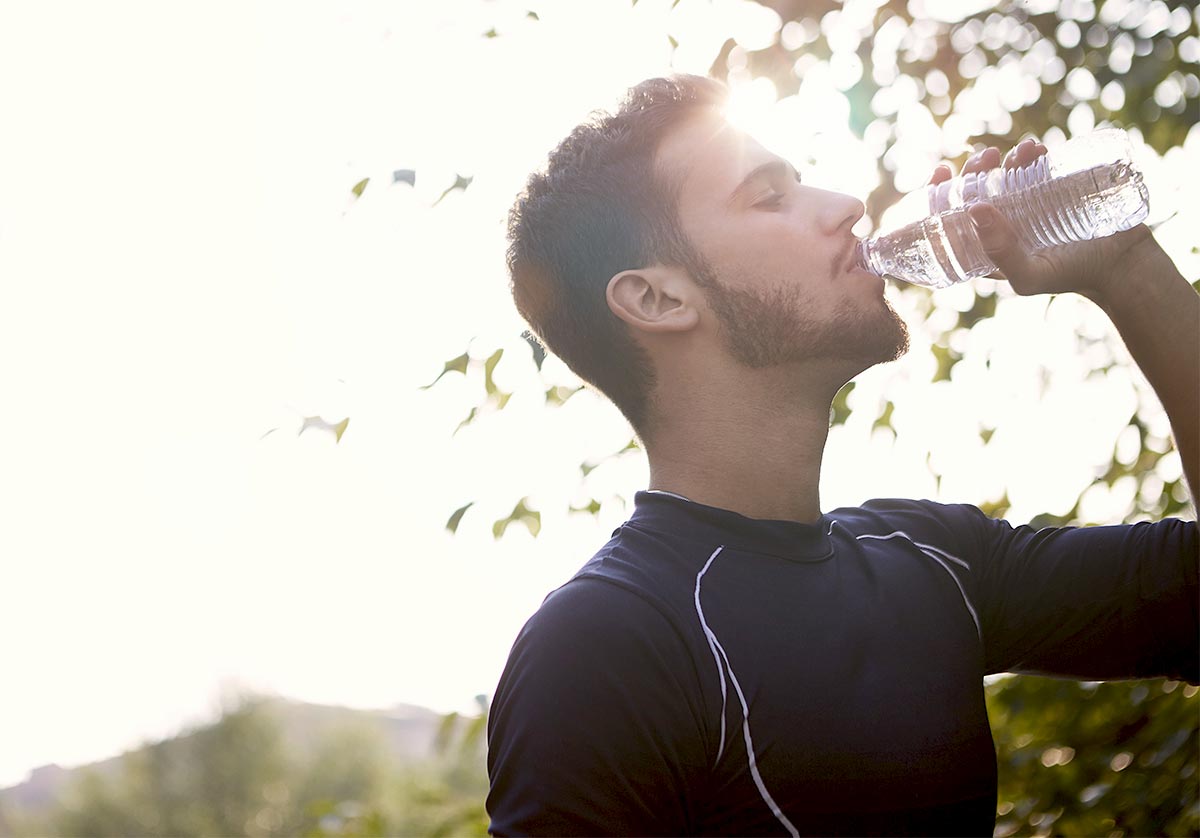Like it or not, your stomach is a percussionist that refuses to play quietly. The growling, gurgling sounds—scientifically known as borborygmi—occur due to peristalsis, the involuntary muscle contractions that move food, gas, and liquids through the digestive tract. While hunger can amplify the sounds, even a full stomach isn't immune. Modern research suggests that dietary choices, gut microbiota composition, and even stress levels influence gut motility, making some stomachs more vocal than others.
Hyperhidrosis: When Sweat Glands Have No Chill
Perspiration is normal, but hyperhidrosis turns it into an extreme sport. Affecting about 5% of the global population, this condition causes excessive sweating even when the body isn’t overheated. New studies highlight a genetic component, with specific gene mutations linked to overactive sweat glands. Treatment options have expanded beyond antiperspirants to include botulinum toxin injections, iontophoresis, and even microwave thermolysis to deactivate sweat glands.
Eructation: The Art of the Burp
On average, humans belch 10 to 30 times daily—yes, that’s normal! Belching (eructation) primarily results from swallowing air while eating or drinking. Carbonated beverages and rapid consumption of food increase this effect. Recent findings suggest that excessive belching could also be tied to gastroesophageal reflux disease (GERD), where stomach acid triggers increased air release. Those suffering from frequent burping may benefit from dietary changes, probiotics, and mindful eating techniques.
Bromhidrosis: The Pungent Reality of Foot Odor
Foot odor isn’t just a social inconvenience—it’s a microbiological battlefield. The combination of sweat, bacteria, and dead skin cells produces volatile sulfur compounds, which create that distinctive smell. Research has identified specific bacteria, like Brevibacterium, as key culprits. Advances in fabric technology now allow for antimicrobial socks, while novel treatments like probiotic-based sprays aim to rebalance the foot’s microbiome.
Halitosis: The Silent but Deadly Breath Syndrome
Bad breath (halitosis) isn't always a simple hygiene issue. While poor oral care is a major factor, new research suggests a strong link between gut health and breath odor. Imbalances in gut bacteria, Helicobacter pylori infections, and even kidney disease can contribute to foul-smelling breath. The latest interventions focus on targeted probiotics and enzyme-based oral care products to neutralize odor-producing bacteria.
Hypertrichosis: The Curious Case of Excessive Hair
Commonly referred to as "werewolf syndrome," hypertrichosis involves abnormal hair growth patterns across the body. While genetics play a major role, recent studies point to epigenetic factors and hormonal imbalances as contributors. Treatments range from laser hair removal to experimental gene therapy aiming to regulate hair follicle activity.
Gingivitis: The Gateway to Periodontal Disease
Once considered just a nuisance, gingivitis is now recognized as a precursor to systemic health issues. Recent studies reveal that chronic gum inflammation is linked to cardiovascular diseases, diabetes, and even Alzheimer's. Advances in oral microbiome research suggest that maintaining bacterial balance in the mouth could prevent gingivitis progression. Probiotic-based toothpaste and targeted antimicrobial therapies are among the latest developments.
Dysuria: When Urination Becomes a Battle
Painful urination (dysuria) is often blamed on urinary tract infections (UTIs), but research highlights other causes, including bladder inflammation, kidney stones, and interstitial cystitis. New diagnostic techniques, such as rapid PCR urine tests, allow for quicker and more precise identification of bacterial strains causing infection, leading to more targeted antibiotic use.
Paronychia: The Hidden Perils of Nail Infections
That swollen, painful redness around your nail? It’s called paronychia, and it’s more than just an annoyance. Caused by bacteria or fungi invading damaged nail tissue, it can escalate to abscess formation. Cutting-edge treatments now include antifungal nail lacquers and light-based therapies to accelerate healing.
Furuncle: The Science of Boils
Furuncles (boils) develop when hair follicles become infected, often due to Staphylococcus aureus. While warm compresses remain a first-line treatment, modern research has led to antibiotic-infused hydrocolloid dressings that accelerate healing and reduce scarring. Additionally, studies suggest that optimizing vitamin D levels may enhance the skin’s immune response against bacterial infections.













